Emotional Intelligence: The Key to Being an Effective Leader
What is emotional intelligence?
“The ability to identify and manage one’s own emotions, as well as the emotions of others.” – Psychology Today
Emotional intelligence (EI) is defined by Psychology Today as “the ability to identify and manage one’s own emotions, as well as the emotions of others.” This definition can be expanded to state that emotional intelligence is the ability of one to recognize, assess, AND manage their own (and other’s) emotions; therefore, this skill is a key component to cultivating an effective overall organization and improving business performance.
Fear, sadness, joy, and trust are all examples of emotions that we—as humans—feel frequently. The ability to recognize when these emotions arise, assess how they may influence the way we act, and manage them appropriately in the most effective manner is an example of emotional intelligence in action.
TalentSmart has broken down emotional intelligence into two major categories: personal competence and social competence. Within these two categories are separate definitions for both the awareness and management aspects of each.
Personal Competence: the ability of one to be aware of their emotions when they arise and to manage their reactions appropriately.
- Self-awareness: the ability of one to recognize and assess their own emotions when they happen
- Self-management: the ability of one to manage their emotions in the most constructive manner
- Social competence: the ability of one to assess other people’s emotions in order to manage the relationship they have with them
- Social-awareness: the ability of one to recognize other’s emotions and understand why their emotions are surfacing.
- Social-management: the ability of one to use what they have recognized within others and manage relationships constructively.
Why is emotional intelligence important?
When there are issues with personal and organizational performance, there are many scenarios that are investigated to troubleshoot the issue, such as technical expertise, project management skills, work ethic, etc. Emotions aren’t typically thought to be the reason behind bad performance… or even thought of AT ALL! However, it has been proven that emotions—specifically the way we assess and manage them—are key indicators of performance. Emotional intelligence has actually been identified as a more relevant indicator of personal performance than IQ. In a presentation given by Dr. Travis Bradberry (Author Emotional Intelligence 2.0), he states that 90% of top performers have a high EQ—the measurement of someone’s emotional intelligence—and that 58% of your job performance is based on your EQ level.

Bradberry’s study suggests that emotional intelligence is an important trait if you are striving to better your personal and organizational performance. As individuals climb the ladder within their organization, the importance of understanding and applying emotional intelligence climbs as well. People—especially leaders—who have a high EQ-level tend to produce win-win situations and outcomes with both themselves and others within their organization; as a result, it increases the likelihood of everyone meeting both their personal and organizational goals. Individuals who react to their emotions and don’t attempt to understand other’s tend to drive a sense of emotional negativism on themselves, therefore, creating lose-lose situations and distancing themselves from other members of the company.
In summation, individuals with high-levels of emotional intelligence are thought to have a better ability to:
- Sense emotional thoughts within their mind and other’s
- Handle their own emotions
- Regulate themselves and their actions
- Be aware of themselves and the situations in which they are in
- React thoughtfully and responsibly rather than emotionally
How can emotional intelligence be developed?
Fortunately, EQ can be developed and improved upon over time. This improvement takes time and focus but is crucial for anyone who desires to improve their personal and organizational performance. There are many effective ways to develop one’s emotional intelligence and the plan to improve these qualities should be crafted based on the individual’s current abilities and weaknesses. A post from Forbes provides 5 great ways to improve your emotional intelligence:
- Manage your negative emotions: when faced with an overwhelming circumstance or situation, try to reduce your negative emotions and better understand the situation from different angles. This will reduce your chances of reacting irrationally and in a negative manner.
- Be mindful of your vocabulary: being able to effectively communicate what the problems are can be a major task to overcome. Using effective vocabulary to do so is critical in sharing issues with other individuals to help address the problems at hand.
- Practice empathy: focus on where other individuals are coming from. Working to understand their point of view will help improve your empathy towards others and increase your ability to work together to solve problems and meet goals.
- Know your stressors: understand what causes stress in your work life and focus on mitigating these items from your routine. These stresses accumulate over time and can cause emotions to flare up, thus, causing a setback in improving your emotional intelligence.
- Bounce back from adversity: be sure to get back up when being knocked down. Bouncing back, learning from bad situations, and avoiding complaining are all ways to enhance your overall optimism and emotional intelligence. Try to be cognizant of the positives in every bad situation that you face.
In Conclusion
As you can see, the impact of practicing high emotional intelligence during your day-to-day is absolutely paramount and is directly related to your influence on your organization. You may notice moments where you or your peers lack a sense of emotional intelligence; this can be both discouraging and frustrating, but don’t worry, because emotional intelligence is something that can be developed with focus and practice. Keep this concept in mind when stressful situations arise, and you will be on your way to developing a higher sense of emotional intelligence and taking a step toward advancing your organization and career!
Ready to advance your leadership?
We’d love to hear from you to see how we can help you become the most effective leader you can be.

